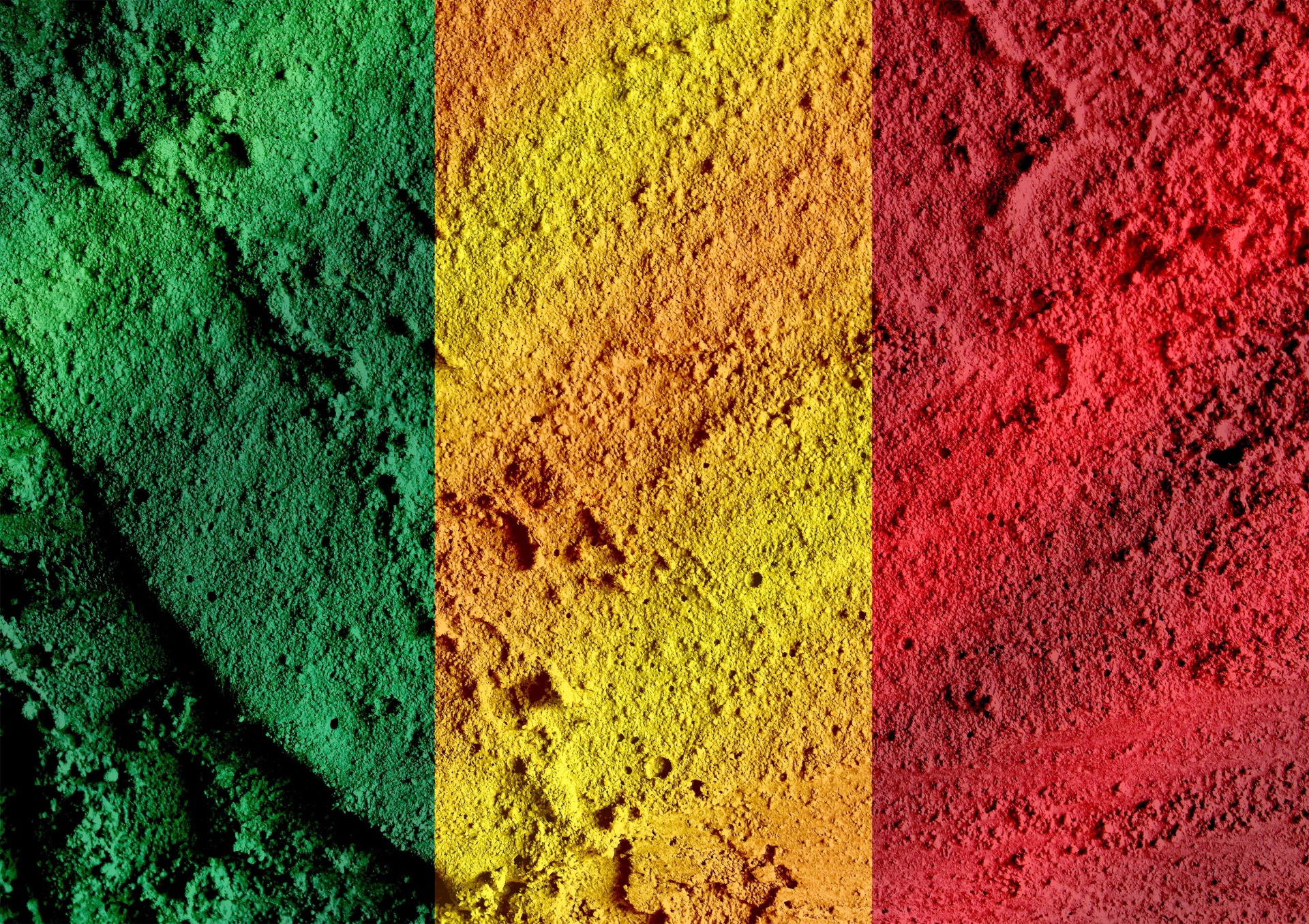How is the situation in Mali (bad)

Enrico Martial's in-depth analysis of Mali
After the second coup in Mali on May 24, piloted by Colonel Assimi Goïta, and the possible openings to jihadism by a future new government, President Emmanuel Macron first responded on June 3 with the suspension of military activities of the force. Barkhane (5100 men and various means on the field) and then on the eve of the G7 on 10 June, announced his gradual withdrawal . It was already talked about at the summit of the African countries concerned, the G5 Sahel, in Pau on 13 January 2020, and now the knot has come to a head.
Macron's announcement was followed by a series of jihadist attacks. On the other hand, while the French operation Barkhane prepares the withdrawal, the Takuba international task force seems to be moving towards a strengthening, both European and Western.
Meanwhile, there are dead and wounded. On the morning of Friday 25 July, a suicide car attack on a UN Minusma (Mali Stabilization Force) camp not far from Gao left 15 injured. One was Belgian and 12 were German, three serious, then evacuated with a medicalized A400M. On the same day, in the afternoon, Malian forces were attacked simultaneously at two sites in Boni. They said they "firmly rejected the attackers" but they still attacked, causing at least six deaths in the regular forces.
The area of the three borders – Mali, Niger, Burkina – is always difficult to control. For example, the Burkina border village of Dinangourou has had access blocked by jihadists for almost two months. In Gossi, on 21 July, French soldiers and Malian civilians were injured in the explosion of a car bomb. Tigre and Mirage helicopters intervened to allow their evacuation. A few days earlier, on June 16, two French and one Nigerian soldiers were wounded while another Nigerian was killed in combat against the jihadists southwest of the Menaka camp. On Saturday morning, June 19, an armored car from the Czech Republic in the Takuba task force suffered the explosion of an improvised device, but without reporting any injuries.
They were probably also in the area of the Menaka camp, which was built by the French but whose logistical needs, according to a technical agreement of 9 June, will be ensured from now on by the NATO Support and Procurement Agency (NSPA). It is one of the signs to note: the French force Barkhane is going away, but the Western presence is strengthened at least in part, in line with the US recovery in various quadrants, as understood in President Joe Biden's "America is back" at the G7 in Cornwall on 10 June and at the NATO summit on 14 June.
In addition to the material support of NATO, there are some European accessions, which are in contrast with the French withdrawal. On June 16, the Romanian parliament approved the participation of a contingent of up to 50 people, in the area of the three borders, between Mali, Niger and Burkina Faso. The French defense minister, Florence Parly, appreciated with a tweet.
However, one cannot properly speak of replacement, because Takuba is small in size, a task force compared to Barkhane, which has vehicles, a reference airport and 5,100 men. At the moment in Takuba there are only three countries that actually operate, Estonia, the Czech Republic and Sweden, net of the officers temporarily present. Perhaps the Lithuanians are on their way, also in thanks for the protection of their skies (Baltic Air Policy). Almost a year ago Italy decided to send up to 200 men, 20 land vehicles and 8 helicopters, but the deployment seems prudent, perhaps it will be in the summer.
On the other hand, the political context remains fragile: there is an insistence on the political elections on February 22 in Mali without the coup leaders being able to stand as candidates, but we are at the second coup in a few months. In Burkina Faso, on June 26 the opposition decided to interrupt the political dialogue, and the memory of the massacre of 160 civilians in the village of Solhan, also in the area of the three borders, on June 4 is vivid. In Chad, where the Barkhane force is headquartered, there are fears for political stability and security after the death of Idriss Déby on 20 April and the assumption of power by his son and a group of soldiers. On June 17, Niger decided to close the d'Intikane refugee camp, 20,000 people 60 km from Mali, because it was infiltrated by jihadists.
This is a machine translation from Italian language of a post published on Start Magazine at the URL https://www.startmag.it/mondo/come-va-male-la-situazione-in-mali/ on Sun, 27 Jun 2021 07:09:08 +0000.
